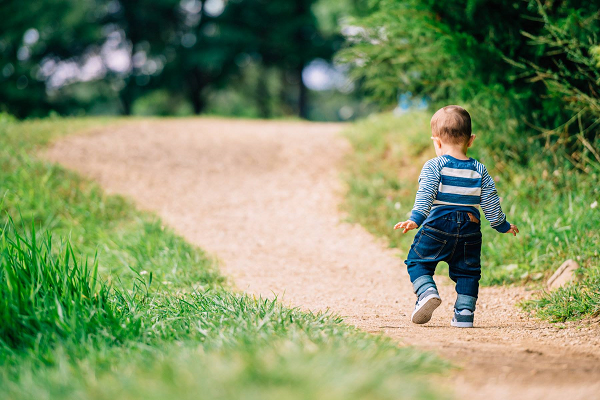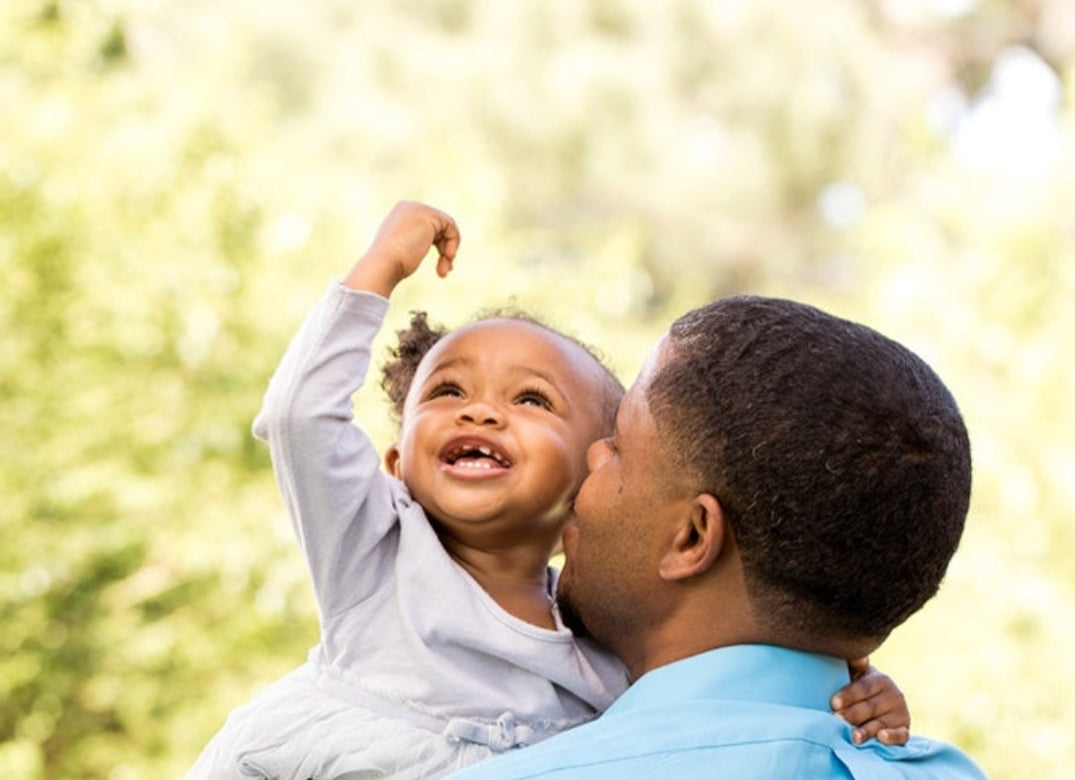Embarking on the journey of parenthood is a rollercoaster of emotions, and one of the most heartwarming moments is witnessing your little one take their first steps. These tiny feet that were once curled up in your arms are now exploring the world around them. In this article, let's delve into the personal and intimate side of this significant milestone, sharing the joys, challenges, and cherished moments as your baby begins to walk.
When Do Babies Start to Walk?
The timeline for when babies start to walk can vary from child to child. On average, most babies take their first steps between 9 and 15 months, with many taking their initial steps around their first birthday. However, it's essential to remember that every child is unique, and some may start walking a bit earlier or later without any cause for concern.
The Waiting Game:
As a parent, the anticipation of your baby's first steps is both thrilling and nerve-wracking. You've seen the tentative attempts, the wobbles, and the adorable tumbles. Each time you held your breath, secretly hoping to witness those magical first independent steps. And then, one day, it happens, a tentative, shaky step that fills your heart with immeasurable joy.
Signs Your Baby is Ready to Walk:
-
Standing Independently: Before walking, babies often build their confidence by standing without support. This is a significant precursor to taking those first steps.
-
Cruising: Some babies begin to "cruise" by holding onto furniture and moving along the edges. This is a sign that they are developing the balance and strength necessary for walking.
The Unspoken Bond:
There's something truly magical about being the person your baby trusts to hold their little hands as they navigate this uncharted territory. Those tiny fingers wrapped around yours speak volumes about the bond you share. The sense of security and trust exchanged during these moments of walking hand-in-hand is a connection that goes beyond words.
Tips for Parents:
-
Provide a Safe Environment: Create a safe space for your baby to explore. Remove potential hazards, secure furniture, and use baby gates to ensure a protected area for them to practice their newfound skill.
-
Encourage Tummy Time: Tummy time is crucial for developing the muscles necessary for crawling and walking. Make tummy time enjoyable with toys and colorful objects to keep your baby engaged.
Navigating Challenges:
With those first steps come new challenges. Suddenly, your home transforms into an obstacle course of sharp edges and potential hazards. As parents, it's a delicate balance between creating a safe environment and allowing your little one the freedom to explore. It's a dance of caution and encouragement, learning alongside your baby as they find their footing.
The Joy in the Small Things:
Amidst the chaos of diapers, sleepless nights, and baby talk, there's pure joy in the small achievements. Celebrate the triumph of every step, no matter how wobbly or uncertain. The gleeful giggles, the determined expressions, these are the moments that weave the fabric of your parenting journey.
Capturing the Unforgettable:
As your baby takes those first steps, remember to capture the magic. Whether through photographs, videos, or a heartfelt journal, document the journey. These memories will serve as cherished reminders of the incredible bond you share and the resilience and determination your little one displayed in learning to walk
The journey from crawling to walking is a deeply personal and intimate experience. It's about more than physical milestones; it's a testament to the love, trust, and connection shared between parent and child. Embrace the laughter, navigate the challenges with patience, and savor the sweetness of those tiny feet stepping into independence. As you walk hand-in-hand with your baby through this phase, you're not just witnessing their first steps; you're witnessing the beauty of growth, love, and the remarkable journey of parenthood.




Commenta
Nota che i commenti devono essere approvati prima di essere pubblicati.
Questo sito è protetto da hCaptcha e applica le Norme sulla privacy e i Termini di servizio di hCaptcha.